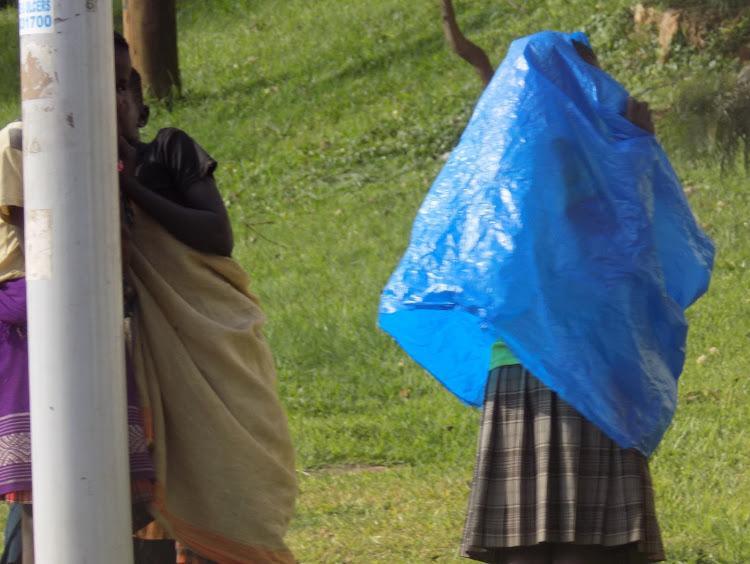Africa-Press – South-Sudan. A new study by the Ministry of Labour shows that nearly two-thirds of children in South Sudan are engaged in the worst forms of child labour, with rates rising to about 90 percent in the most affected areas.
The National Child Labour Study, released yesterday, surveyed children aged 5 to 17 from 418 households across seven states.
The study, conducted by the Ministry of Labour in collaboration with the Ministry of Gender, Child and Social Welfare, and Save the Children, found that 64 percent of children surveyed were involved in forced labour, sexual exploitation, and illicit activities such as stealing, drug abuse, and armed conflict.
In Kapoeta South County, Eastern Equatoria State, the report found that 90 percent of children were engaged in gold mining, pastoralism, and farming, activities that have led many to drop out of school to support their families.
In Yambio County, Western Equatoria State, the study found that conflict contributed to about 90 percent of children being involved in child labour.
According to the report, many children begin with light or non-hazardous work but later move into dangerous or coercive labour that exposes them to exploitation, separation from families, and serious health risks.
The report noted that children are involved in a wide range of activities—from cattle herding and farming to gold mining, brickmaking, street vending, and even fighting alongside armed groups.
It further revealed that boys are more likely to face hazardous and military-related labour, while girls are at higher risk of domestic work, child marriage, and sexual exploitation.
The study also found that caregiver awareness does not necessarily protect children from labour. About 70 percent of children in hazardous work came from households where caregivers were aware of child labour laws.
Only 33 percent of children surveyed said they knew of any protection or support service in their area, revealing major gaps in child protection systems and referral services.
Commenting on the findings, Dak Duop Bichiok, the Minister of Public Service who represented the Minister of Labour at the launch, said the report underscores the need for stronger policies and protection systems.
“This study has given us the evidence we need to reform policies, strengthen protection systems and ensure that every child in South Sudan enjoys their right to education, safety and a childhood free from exploitation,” he said.
Chris Nyamandi, Save the Children Country Director for South Sudan, said the findings reflect a crisis beyond poverty and called for urgent action to address it.
“Education remains the strongest protective factor, with children who attend school far less likely to be engaged in exploitative labour. This shows the incredible value of education in South Sudan. Equally the report highlights that children from food-secure households and educated caregivers face significantly lower risk, underscoring the link between poverty reduction and child protection, ” he stated.
“If we strengthen education, rebuild livelihoods, and prioritise child protection, we can reverse this trend. Every child deserves the chance to learn and thrive—not to work to survive,” he added.
The National Child Labour Study was carried out under Save the Children’s Empowering Futures initiative, with funding from the European Union.
The research covered eight counties across seven states, including Akobo, Kapoeta South, Magwi, Wau, Yambio, Juba, Bentiu (Rubkona), and Renk.
For More News And Analysis About South-Sudan Follow Africa-Press






